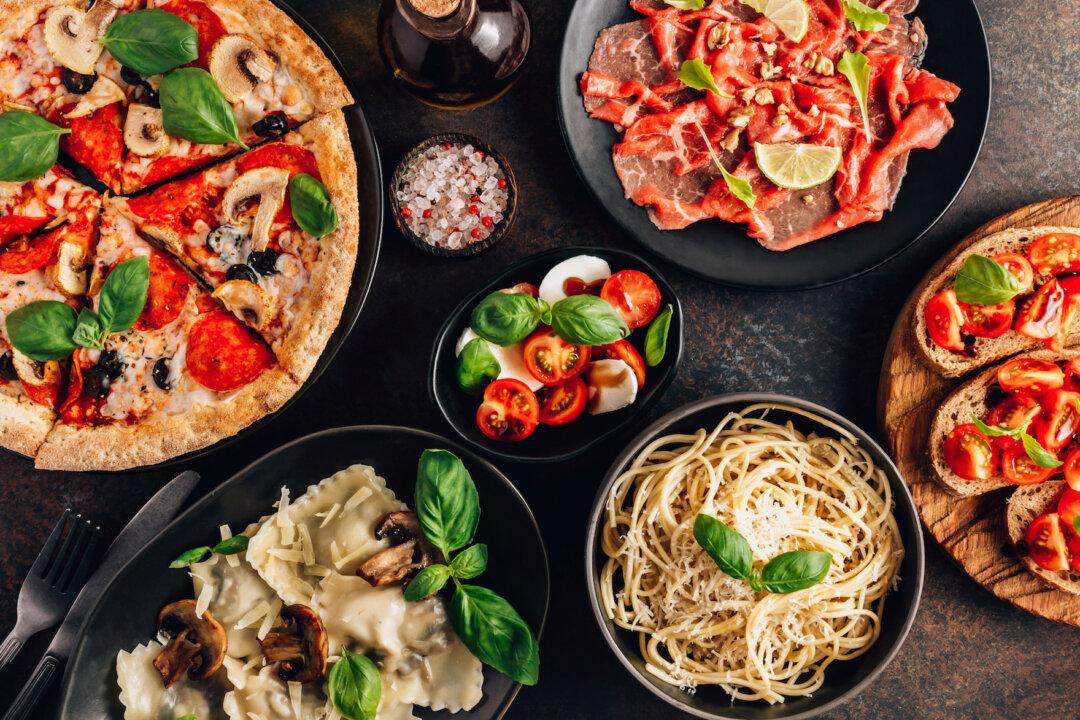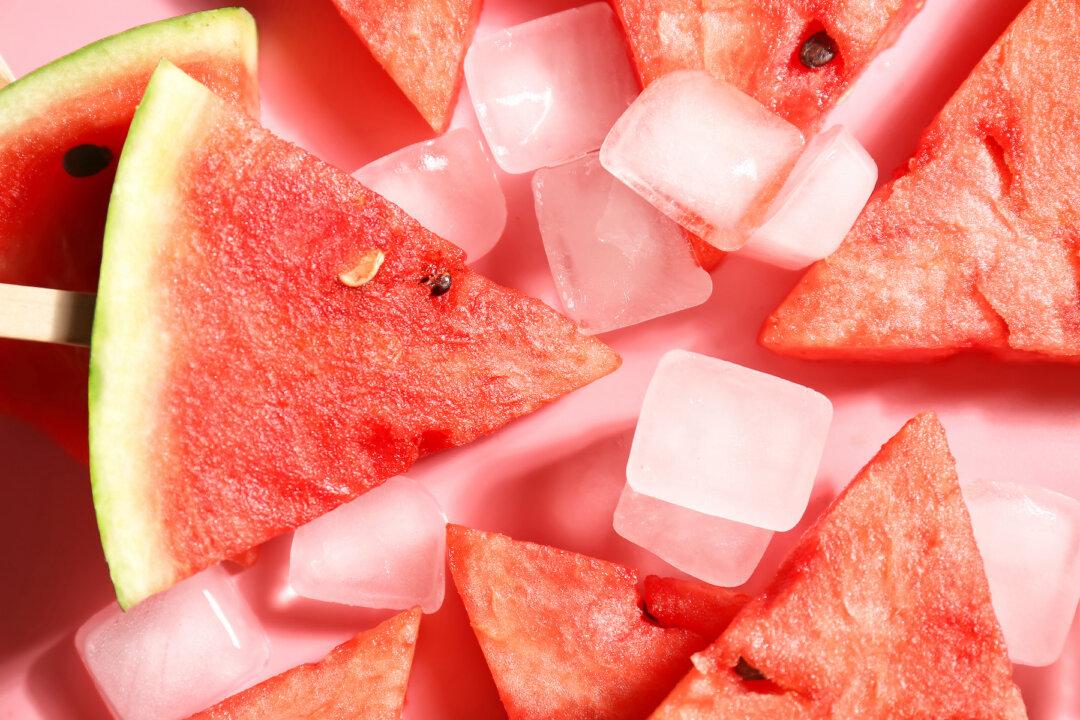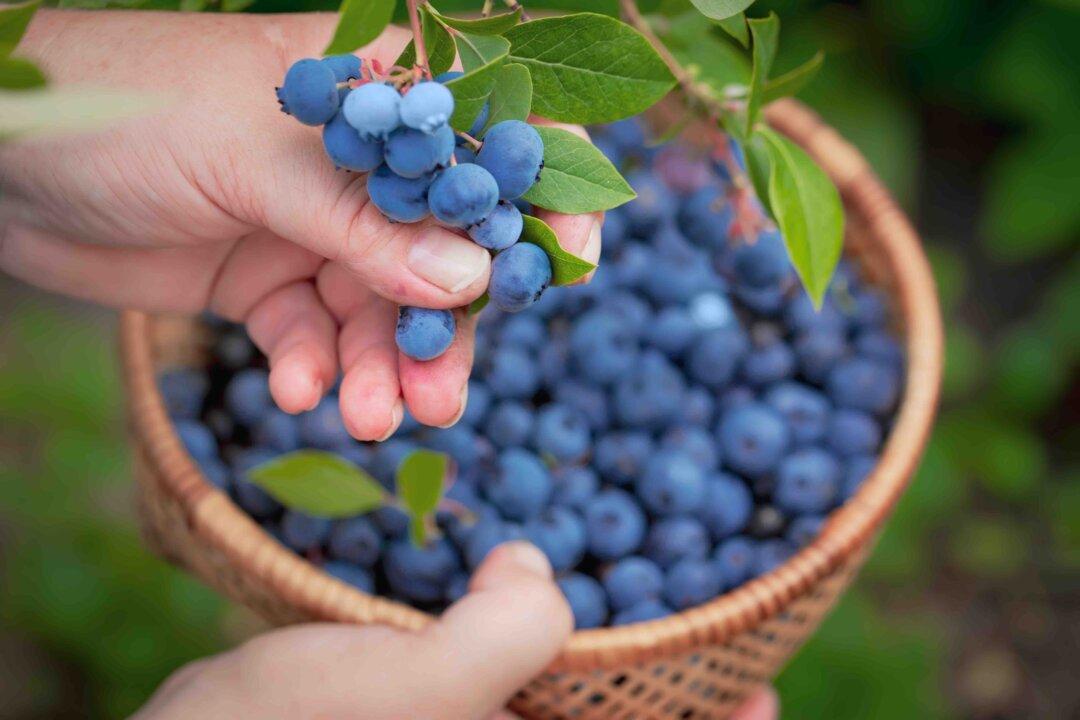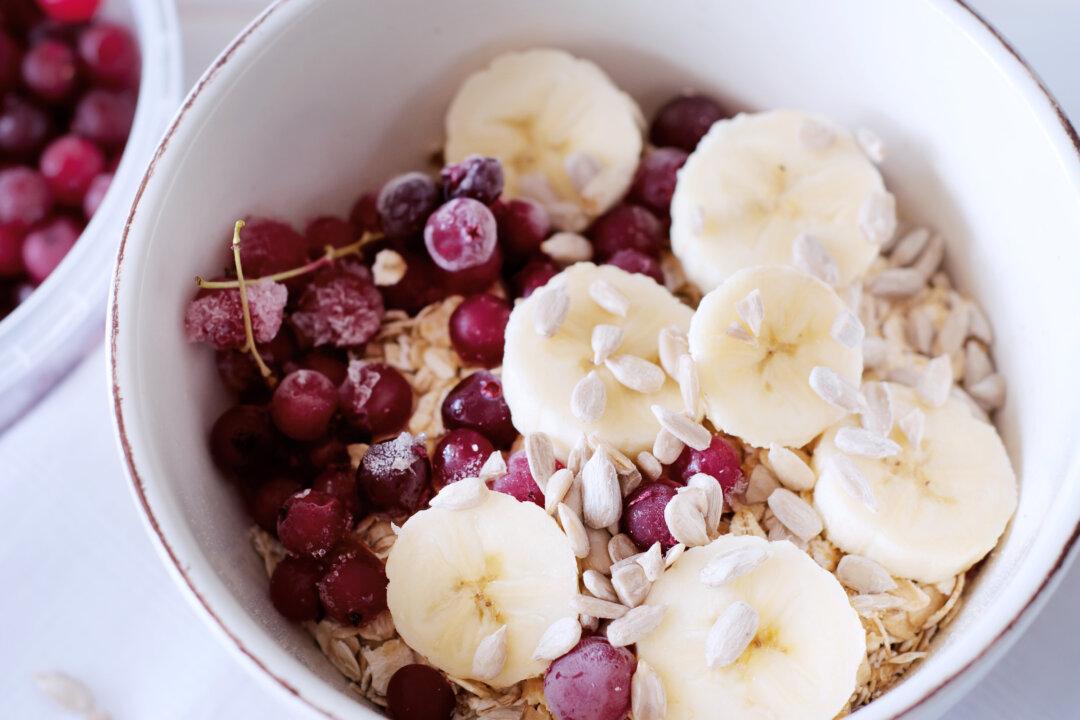High blood pressure is a contributing cause of about 1,000 deaths a day – and one in every three American adults has the condition. About seven in 10 don’t realize it, putting them at risk for heart attack, stroke, heart failure, and kidney disease.
About seven in 10 adults with high blood pressure use medication to control it.





